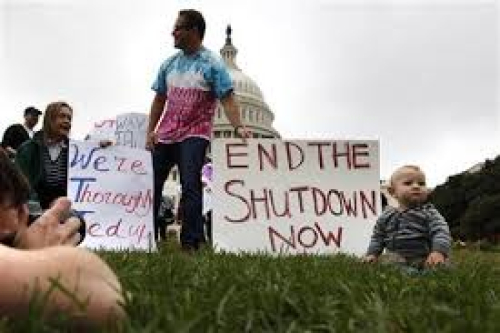 So, at last we have a deal of sorts. In truth, it doesn’t solve any issues, it merely reflects huge pressure to free up government spending, and short term, ensure that America pays its external obligations to its creditors. This sad chapter is obviously not at an end, and we face the spectre of more government by crisis over the course of the next few months. Bad as this is, short term, the long term damage done to US credibility and standing in the world is much more worrying.
So, at last we have a deal of sorts. In truth, it doesn’t solve any issues, it merely reflects huge pressure to free up government spending, and short term, ensure that America pays its external obligations to its creditors. This sad chapter is obviously not at an end, and we face the spectre of more government by crisis over the course of the next few months. Bad as this is, short term, the long term damage done to US credibility and standing in the world is much more worrying.At the moment, the US treasuries market reflects by its size, not just the extent of US indebtedness, but the economic dominance of the US. There is no other market capable of absorbing funds to the same extent. The Chinese for example hold something approaching 25% of US debt held abroad, and in dollar terms, that figure is approximately $1.3 trillion! As I mentioned yesterday, the fact that an internally focussed argument, principally about US health care, can have reverberations that lead to a macro issue such as external default going so close to the wire, has unsurprisingly unsettled the Chinese, and some stern language has come from Beijing. I have heard some American commentators say that this is nothing to do with the Chinese, they have no choice but to keep buying US debt, so they should keep quiet and get on with their own business! In these comments is precisely the issue under discussion here, the understanding that because of the increasing size and internationalisation of US debt, when internal US government procedure starts to threaten external holders of that debt, it ceases to be a problem solely for America!
If you remember back in 2011, S&P, when they cut the US rating from AAA, criticised the US political process. Expect more of this. America as I see it, is at a crossroads. Increasing debt levels mean that large buyers of US debt will rightly be more interested/concerned about the technical political processes guaranteeing that investment. Either reduce debt, thereby reducing external concern, or think about measures which will stop government in the US continually going `to the wire` over issues that after all do not just affect America, but the whole world.

